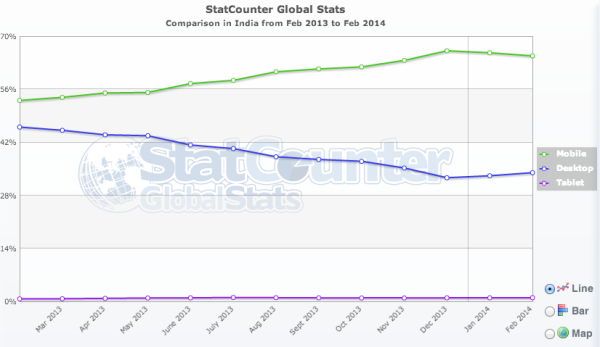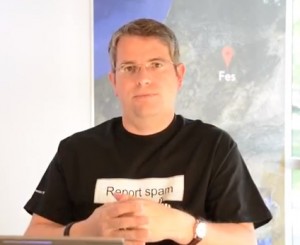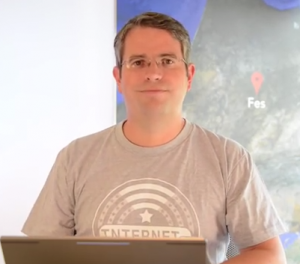
Over the past 2 days, the SEO community has received confirmation that Google is rolling out not one, but two web spam focused algorithm updates; Panda 4.0 and Payday Loan 2.0. Panda 4.0 was confirmed by Matt Cutts on Twitter, while Search Engine Land initially announced the newest Payday Loan update which was later verified by Cutts.
Google is rolling out our Panda 4.0 update starting today.
— Matt Cutts (@mattcutts) May 20, 2014
This past weekend we started rolling out a ranking update for very spammy queries: http://t.co/NpUZRqpnBI
— Matt Cutts (@mattcutts) May 21, 2014
As with any major algorithm update, there is much more speculation than there are facts at the moment. However we do know a little bit about the roll outs of the algorithm updates and what they are focused on.
Panda 4.0
Panda 4.0 is being called the ‘softer update’ in relation to its precursor thanks to a discussion back in March. It has been stated that the update affects different language queries to different extents, but Google estimates the effect on English searches is about 7.5% of queries.
Considering the reports of sites seeing significant recoveries, it is safe to assume this update is a little more generous and more welcomed than than the previous updates to Panda.
Payday Loan 2.0
The Payday Loan Algorithm is a bit less well known, as it was first launched last June and only targets ‘very spammy queries’; primarily the type of spammy queries associated with payday loans, insurance, and accident claims.
A Google Spokesperson issues a statement on the update, saying:
“Over the weekend we began rolling out a new algorithmic update. The update was neither Panda nor Penguin – it was the next generation of an algorithm that originally rolled out last summer for very spammy queries.”
So far estimates say only .2% of English queries were affected by this update, though this is also an international rollout affecting different languages to different extents.


 You would think most guest blog networks would be watching their steps in the wake of the widely talked about
You would think most guest blog networks would be watching their steps in the wake of the widely talked about 

 Think Google’s attack on unnatural links and link spammers is limited just to the US? Think again. Google has made it clear they are targeting spammy practices from around the world, by attacking Polish and German link spammers over the past month, and now Matt Cutts has announced Spanish and Italian webmasters breaking guidelines will be the next to get taken down. For more information, you can check out the report
Think Google’s attack on unnatural links and link spammers is limited just to the US? Think again. Google has made it clear they are targeting spammy practices from around the world, by attacking Polish and German link spammers over the past month, and now Matt Cutts has announced Spanish and Italian webmasters breaking guidelines will be the next to get taken down. For more information, you can check out the report  Google has been bringing down the hammer on spammy websites quite a bit recently with more specific penalties for sites that aren’t following guidelines. There have been several high-profile cases such as the Rap Genius penalty, and several attacks on entire spammy industries. But, if you are responsible for sites with spammy habits, a single manual action can hurt more than just one site.
Google has been bringing down the hammer on spammy websites quite a bit recently with more specific penalties for sites that aren’t following guidelines. There have been several high-profile cases such as the Rap Genius penalty, and several attacks on entire spammy industries. But, if you are responsible for sites with spammy habits, a single manual action can hurt more than just one site.

